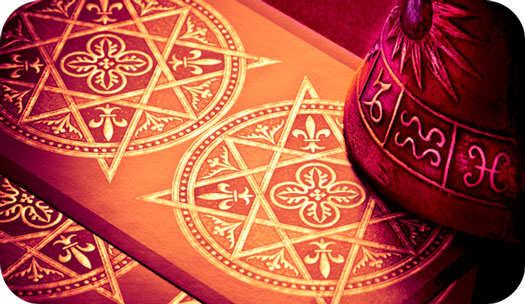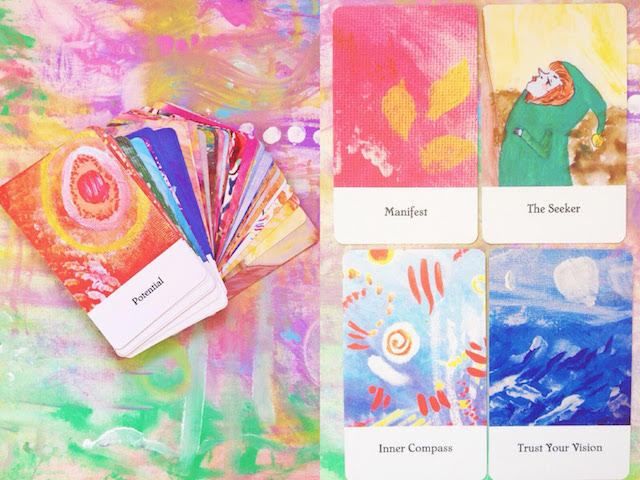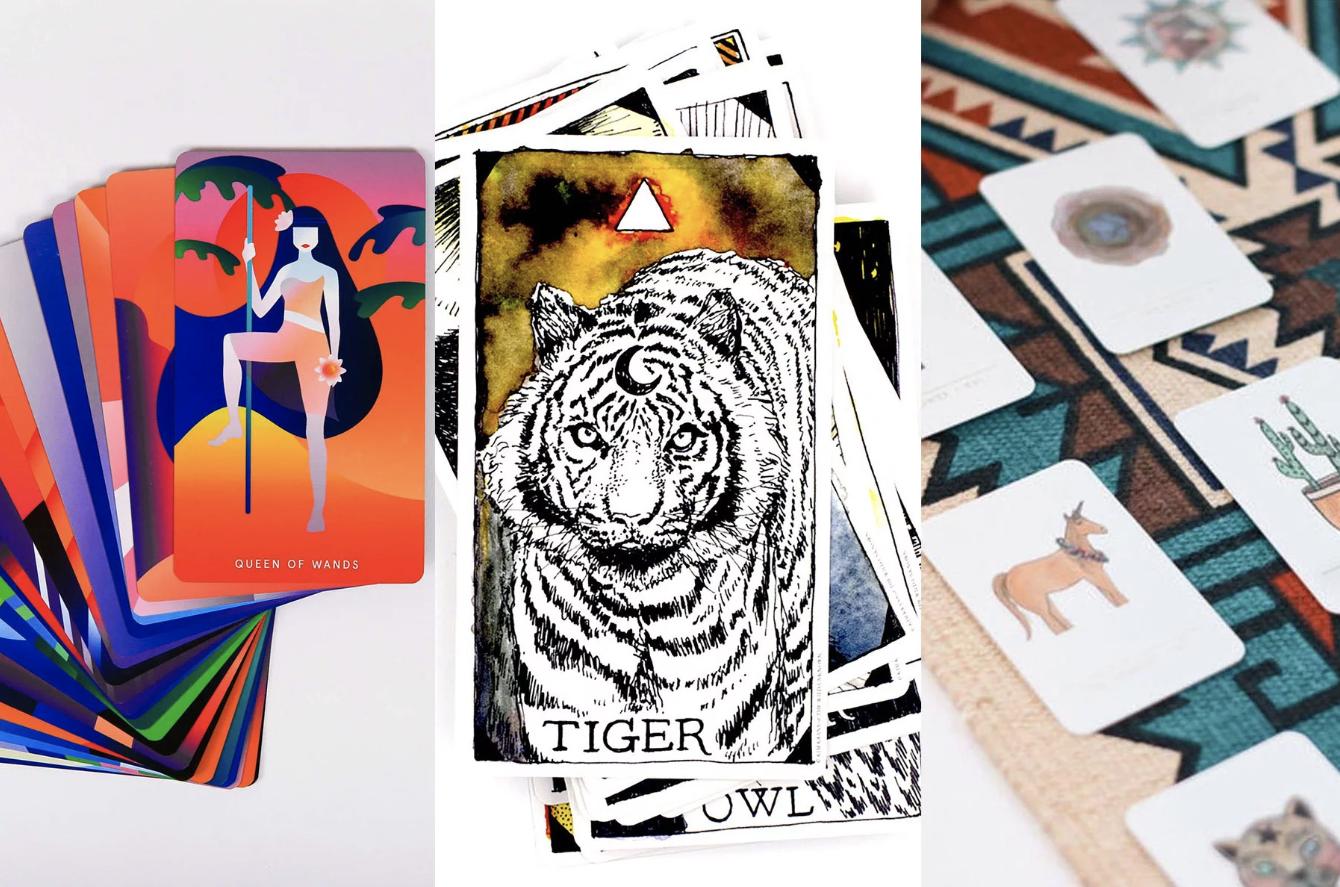
Palm reading dates back to Greek history. It wasn't restricted to any specific culture, religion, or region at the beginning. It was practiced in various schools of art throughout the world. Chirologists, hand readers, and palmists are some names for practitioners. Alexander the Great passed this art form on to Aristotle.
Chiromancy
Chiromancy began in the Near East, during the Hellenistic Period. This ancient practice is not directly linked to astrology. It is based upon intuition. The methodological principles of this ancient practice are not clear. Christian chiromantics in the 16th century argued that chiromancy had a scriptural foundation in Job 37.7. This could have been a reference to God sealing a hand before reading it. This text is only partially understandable and is based in obscure symbols.
Gypsy fortune-tellers were commonly depicted before the advent of modern practice as women who held male clients' hands. Gypsy chiromancy in India had become extremely popular by the 16th-century. However, Egypt had long since lost gypsy fortune telling. Henry VIII, however, saw palmistry as a clever trick. However, Henry VIII did not consider that there was a written tradition of chiromantic healing for more than 200 years. As a result, British authorities began to rescue the practice from its gypsy veneer.
Palmistry
Chiromancy, or palm reading, is a practice that examines the lines of a person's hands to make predictions about their future. Palmistry has been a tradition that has existed throughout history. It is also a practice that crosses cultures. It is performed by a group of people known as chiromancy practitioners, palmists, or chirologists.

The four main lines of the palm are usually visible and can be used for reading. Each line represents one aspect of the person's personality. A curvature of the heart line can indicate someone who is caring and emotional. A straight line on the heart will indicate that someone is protective and reserved.
Reading hand shape
You can use the following four lines to read your palms. They can indicate how a person feels, as they change over the course a day. Many people find it helpful taking photos of their hands throughout each day to keep track of changes. People's flexibility can also be shown by their overall shape. A curving line around the heart, for instance, can signify that someone is loving and open to receiving help. A straight line on the other hand means that a person is reserved and guarded.
The palm is a valuable tool for evaluating the personality of a person. It can reveal a person's personality traits such as compassion and empathy. They might be compassionate and able to look at the other side. If they are rigid and quick to judge, it could indicate a lack empathy. There are many ways to analyze palms, but one method that is timeless is to find similar palmists. This allows them to compare the results.
Life line
A person with a weak Life line has a Life line. The lifeline of a person with a thin line indicates that they are very delicate, and will probably have trouble coping with the physical stress of life. These people are dependent on their physical strength and nerve energy to survive. People with weak life lines can have health problems or lack of motivation.
There are many different interpretations of the life line, but it is generally thought to represent the general physical disposition of an individual. While some people think it indicates the number of years that a person will live, others believe it is a measure of how healthy a person is. The life span can tell us a lot about a person's overall health.

Fish mark
The Fish mark, which is often found on the palm of the hand, was originally created in ancient Greece. It is a symbol of happiness and unmeasurable good luck. Its color is warm pink. This color is believed to be lucky and bring good luck. It is a popular sight in Asia and is considered a good sign for palmistry. Learn more about this palm sign's use in palmistry. The Fish mark is an important sign in palmistry.
Indian palmistry considers the Fish sign auspicious. This is because it represents a loving, successful, and loving husband. It also means good fortune for the woman, and a long life for her husband. The Fish sign is a triangle-shaped symbol in Chinese palmistry. It usually appears at the end the life line.
FAQ
What are observation hobbies?
Observation hobbies are those activities that allow you to watch others do what they do. These hobbies could include reading books, watching sports, or going on vacation. It could also include observing others.
It's great to have observation hobbies because it helps you think creatively. This knowledge can be used later to help you with projects that you are working on for others or yourself.
You'll find that if you're interested in something, then you'll have an easier time learning about it.
If you are interested in learning more about football, for example, you might watch a match or read a book. To learn more about photography, it is possible to visit and take photos.
You could also buy a guitar or play along online to music if you are a musician.
You can cook your own meals, or you could go to a restaurant.
If gardening is your passion, you can grow vegetables and flowers.
If dancing is something you enjoy, join a dance class.
You could also paint pictures if you are a fan of painting.
You could also write poems or stories if you enjoy writing.
Drawing pictures is a great hobby.
If you are passionate about animals, you can look after them or work at the zoo.
You could choose to study biology, maths, chemistry, or physics if you are interested in science.
History is something you might enjoy if you read books, watch movies, or listen to podcasts.
If you enjoy traveling, you can travel around the world or just explore your own area.
What are your competitive hobbies?
You can compete in running, swimming or cycling as well golfing or tennis.
They are usually enjoyed by people who enjoy being active, but also allow for social interaction.
If your hobby involves physical activity, you will likely find other people who share it.
This could include joining a club/group that allows you to play sports together regularly.
Participating in group games, which involve playing alongside others, is another option.
These include football (soccer), cricket, rugby, netball, basketball, hockey, baseball, volleyball, badminton, squash, handball, and table tennis.
There are many kinds of competition.
Some competitions can be used for only recreational purposes.
Others are designed for competitors to prove their skill.
Some are even designed to reward outstanding performance.
These cases result in prizes for the winners.
Other competitions aim to assess the strength and endurance of competitors.
These are known as endurance events.
For example, marathon races, triathlons, Ironman Triathlon, etc.
Athletes often train hard before competing in these events.
To prepare their bodies and minds, they will have to adhere to a strict training plan.
They may need to spend some time out of their home for preparation.
It's important not to forget that not all athletes are able to compete in every type event.
What are the most popular hobbies right now?
Popularity isn’t always a positive thing. Popularity is often used to excuse mediocrity. The fact is that most people do not have time to pursue any hobby they want. They are always too busy to earn a living. What can you do if your time is limited? Start a business.
However, this isn't easy. There are many obstacles that must be overcome before you can realize your vision.
You should look into a hobby if you want something more thrilling than running your own business.
Hobbies are not limited to creative pursuits. There are many hobbies. Here are some examples:
-
Gardening
-
Cooking
-
Photography
-
Reading
What types of hobbies are suitable for introverts?
Introverts are able to concentrate on one thing at once. They tend to prefer solitary activities such as reading, writing, playing music, watching movies, etc.
They also enjoy spending quiet time alone. They do not like to socialize all day. They are often bored when surrounded in people.
Introverts will often choose hobbies that require them alone. For example, they may enjoy reading books, listening to music, taking photographs, painting, writing poetry, etc.
Some introverts will even live alone. This allows them to focus on their hobby without being distracted by other things.
Where can you find free resources that teach more about hobbies and interests?
There are many websites dedicated to helping people discover new hobbies.
Here are some favorites of ours:
www.trythisathome.com - This site provides a list of over 100 different hobbies. You can also find information about how to start each hobby.
www.hobbyfinders.org: This website offers thousands of activities you can search by skill level, location, or interest.
www.indiebazaar.co.uk - IndieBazaar is an online marketplace designed specifically for independent artists and musicians. The site features hundreds of products ranging from artwork to music gear.
www.pinterest.com/explore/hobbies - Pinterest is a social media network that lets users "pin" images they find interesting onto their boards. Users can organize the things they like in specific categories with boards.
www.reddit.com /r/Hobbies - Reddit is another social media platform that lets users post links to articles, videos, or other types of content. Users can vote on which posts they think are most valuable.
Statistics
- Studies show that just six minutes of reading can reduce stress levels by 60 percent. (oberlo.com)
- A new survey by Pew Research Center of teens ages 13 to 17 finds that 36% of girls feel tense or nervous about their day every day; 23% of boys say the same. (pewresearch.org)
- I am 100% biologically a woman (discover.hubpages.com)
- The Role of the Mind in Sex, Dating, and Love: Men in the “humor” condition received phone numbers from 42.9% of the female participants and were refused 57.1% of the time. (time.com)
- Much of this decline reflects the fact that teens are less likely to work today than in the past; among employed teens, the amount of time spent working is not much different now than it was around 2005. (pewresearch.org)
External Links
How To
How to Find the Right Hobby for Me
If you ask yourself some questions, you may be able to tell whether your hobby is right for you:
-
Do I enjoy doing it?
-
It gives me pleasure?
-
It is something that I would love to continue doing, even after I'm older.
-
Are I good at it?
-
Can I improve?
-
Would you recommend it to others?
-
Will it bring me happiness?
-
It will help me relax.
-
Will it make me feel better about myself?
-
Will it teach me skills that I can use later in life?
-
It could allow me to make new friends.
-
Will it allow me to express my creativity?
-
It will it give me the chance to learn new things?
-
Is it going to give me the confidence?
-
Will it provide me with a sense of achievement?
-
It will it bring you financial success?
-
It will allow me to travel.
-
Can it enable me to visit new places?
-
Will it encourage me to exercise?
-
Do you think it will motivate me to do better?
-
Is it going to motivate me?
-
Are there activities I might not consider doing?
-
Is it up to me?
-
Is it going to be enjoyable?
-
It will keep me fit.
-
Can it help you save money?
-
Is it likely to reduce stress?
-
Can it keep you from boredom?
-
It will free me up to do other things.